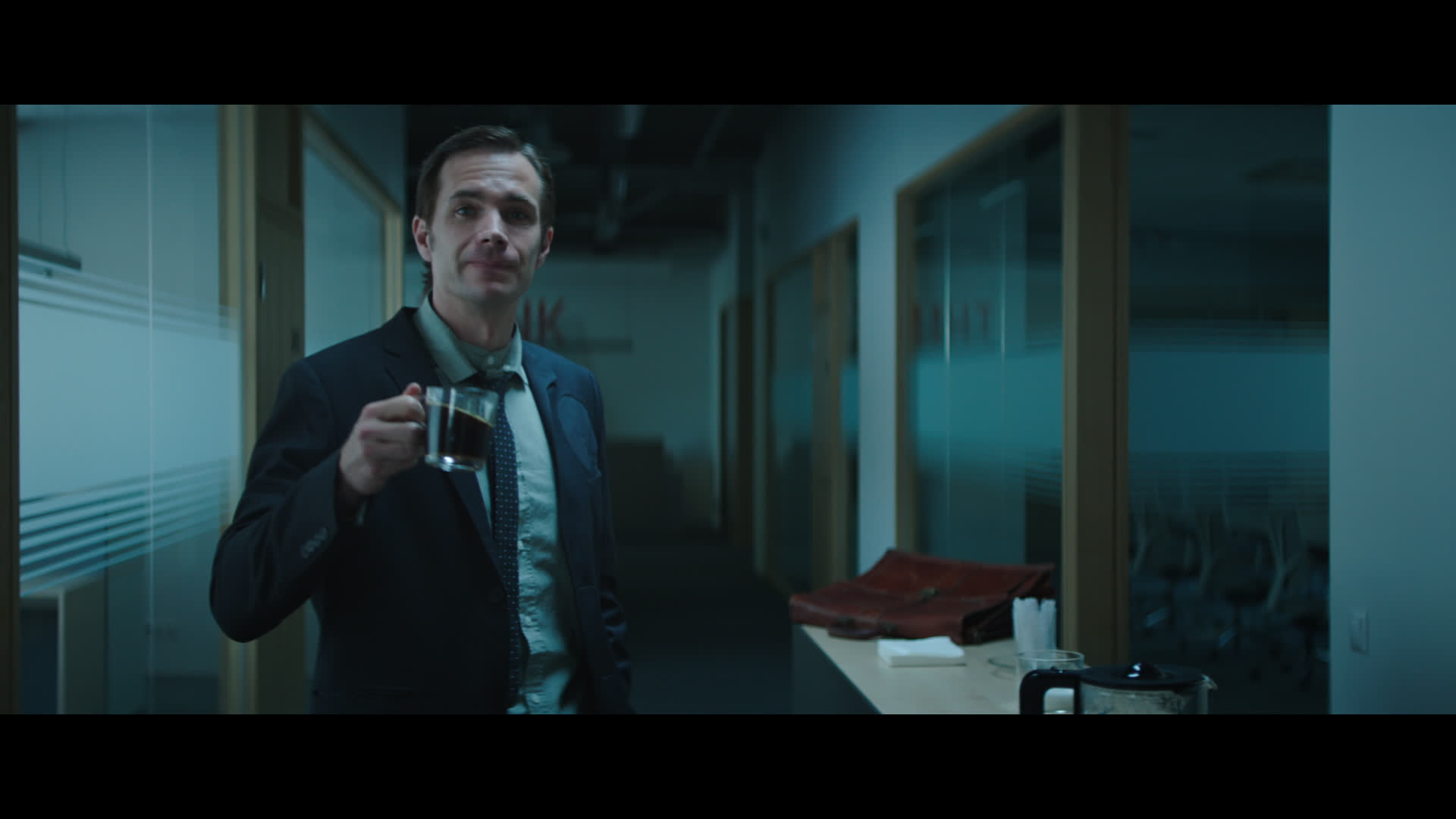Public Trust
by George Wolf
Do we really need another documentary showcasing greed as one of America’s most identifiable traits, “rigged” as our favorite path to winning, and Donald Trump as one of our biggest mistakes?
Check the calendar. Yes, we do.
Director David Byars, whose 2017 debut documentary No Man’s Land profiled the fight over Oregon’s Malheur National Wildlife refuge, returns to environmental concerns with Public Trust, a deep dive into an ongoing battle for ground.
That ground is a swath of some 640 million acres of public land, currently held in trust by the federal government and “owned” by every American citizen. Cut to the chase: conservatives have been trying to privatize these National Parks, forests, grasslands and refuges for decades (since Reagan – shocker!), and the lunatic now in office makes something as unthinkable as selling off the Grand Canyon seem like it might be on the table.
As good documentarians do, Byars humanizes the issue through people invested in the subject. From a journalist in the trenches to a climate change warrior to a Native American tribe fighting for their livelihood, we feel how these lands are tied to identity and common good on one side, and industry profits on the other.
With Robert Redford on board as executive producer, the lack of narrative flash here comes as little surprise. But while Public Trust‘s case building is workmanlike, the rallying cry is no less urgent.
Vote, before it’s too late.















